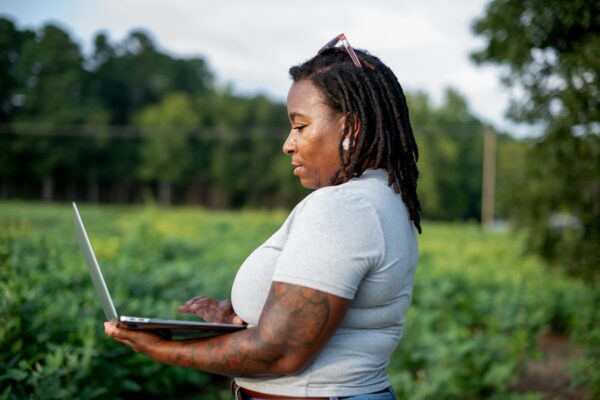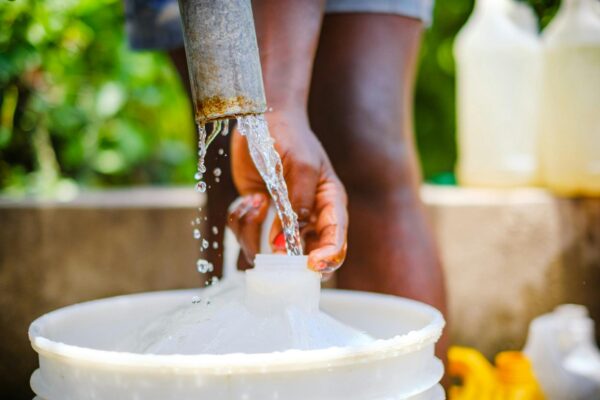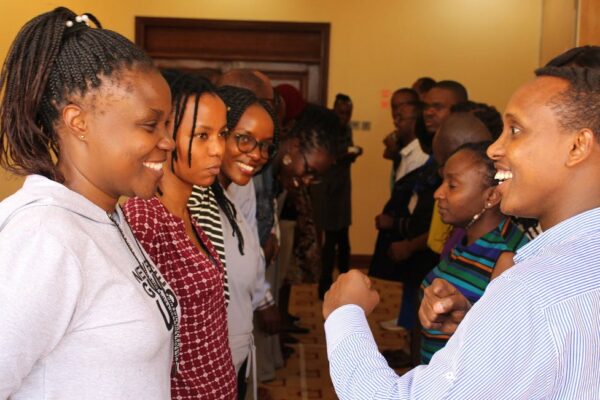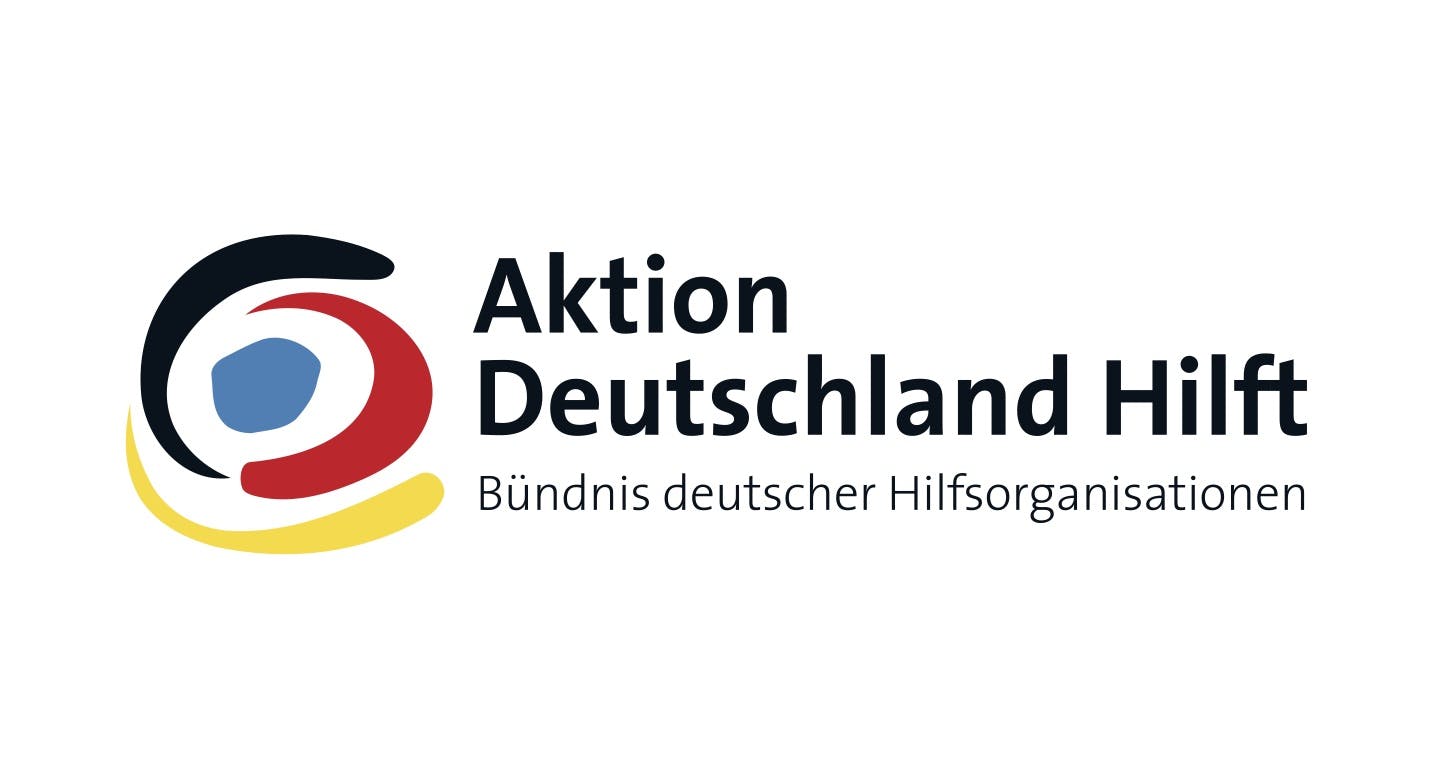Climate Change Adaptation in WASH Sector
300,00 €
Overview
Climate-related hazards like floods, droughts, and heatwaves increasingly threaten water, sanitation, and hygiene (WASH) services globally. Vulnerable communities face worsening water scarcity, infrastructure damage, and health risks as climate variability intensifies.
This interactive online training equips participants with both a solid understanding of climate change impacts on WASH and practical skills to assess risks, apply adaptation strategies, and develop actionable plans to build climate-resilient WASH programs. It includes contextual exercises based on real-world scenarios from diverse contexts. Through case studies, peer exchange, group discussions, and hands-on exercises, participants will gain skills and get to know tools to effectively integrate climate adaptation into their WASH projects. Additional inputs from selected countries will provide further insights into technical and practical aspects.
Participants will receive a pre-training questionnaire to tailor sessions according to their experience and knowledge. The training emphasizes peer learning, diverse perspectives, and practical application to enhance climate resilience in WASH interventions.
While prior participation in the course “Introduction to Main Concepts and Terminologies in Climate Change Adaptation” is advisable, it is not required. A basic understanding of climate change and humanitarian WASH programming is helpful. If you are interested in gaining credit towards a Certificate of Advanced Studies, you may combine this course with the introductory course and another specific CCA course from aha, under prerequisite of passing the exam in form of individual work after completion of all courses (please also see the aha general exam regulation).
You will learn
- To identify key climate risks and vulnerabilities affecting WASH services and infrastructure and their impact on WASH systems.
- To select, adapt, and implement effective climate change adaptation measures for resilient WASH interventions.
- Tools and indicators for monitoring and evaluating the effectiveness of climate adaptation in WASH projects.
- To conduct practical climate risk and vulnerability assessments (CRVA) tailored to WASH programs.
- To develop, monitor, and evaluate action plans that integrate climate adaptation into WASH project design and management.
Downloads
Lecturers
Programs that might interest you
-
Early bird offer

Essentials of Planning, Monitoring, Accountability and Learning for Humanitarian Practitioners
Original price was: 500,00 €.450,00 €Current price is: 450,00 €. -

Climate Change Adaptation in WASH Sector
300,00 € -

Certificate of Advanced Studies in Humanitarian Action
2.000,00 € -

Environmental Impact Assessment Tools for Humanitarian Action
280,00 €




